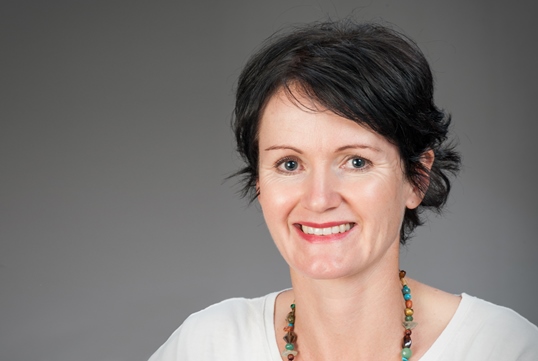New knowledge about deadly cancer
New research at Victoria University could throw light on why some women develop one of the deadliest and most difficult to detect cancers.

New research at Victoria University could throw light on why some women develop one of the deadliest and most difficult to detect cancers.
Work by Dr Janet Pitman, Senior Lecturer at the School of Biological Sciences, is delivering new knowledge about the development of ovarian cancer, which is the fourth most common cause of cancer mortality in New Zealand, and becoming more prevalent.
It is often called the ‘Silent Cancer’ because it isn’t painful in the early stages, making early detection difficult.
Dr Pitman is focused on understanding the molecular pathway cells take in the ovary and why the premature loss of eggs, or oocytes, could lead to ovarian cancer. “Despite decades of research on early detection, identifying the origins of ovarian cancer has been hampered by unusually diverse types of tumours and a lack of tools for studying the mechanism that causes the disease. Therefore, despite advances in treatment regimes, the overall survival rate of patients presenting with ovarian cancer hasn’t changed in 50 years,” says Dr Pitman.
“The first part of our research focused on characterising the cellular transformations, by looking at the cells as they transitioned into tumours,” says Dr Pitman.
“The research showed early cellular changes that occur following oocyte loss. We discovered the development of structures and cell types in the ovaries that led to the development of malignant ovarian tumours commonly observed in ovarian cancer. This will allow us to investigate the activity of genes involved in the formation of these tumours.”
First results from Dr Pitman’s work have been published in the prestigious US International Journal of Development Biology.
Currently, she is using a new technology that allows multiple genes to be quantified simultaneously in very small samples to investigate genes as they transition into ovarian tumours. Dr Pitman hopes to have further results by the end of 2013.
“This research will provide an invaluable tool for further research into ovarian cancer.” The research, funded by the Health Research Council of New Zealand, also involves Professor Ken McNatty from the School of Biological Sciences.
